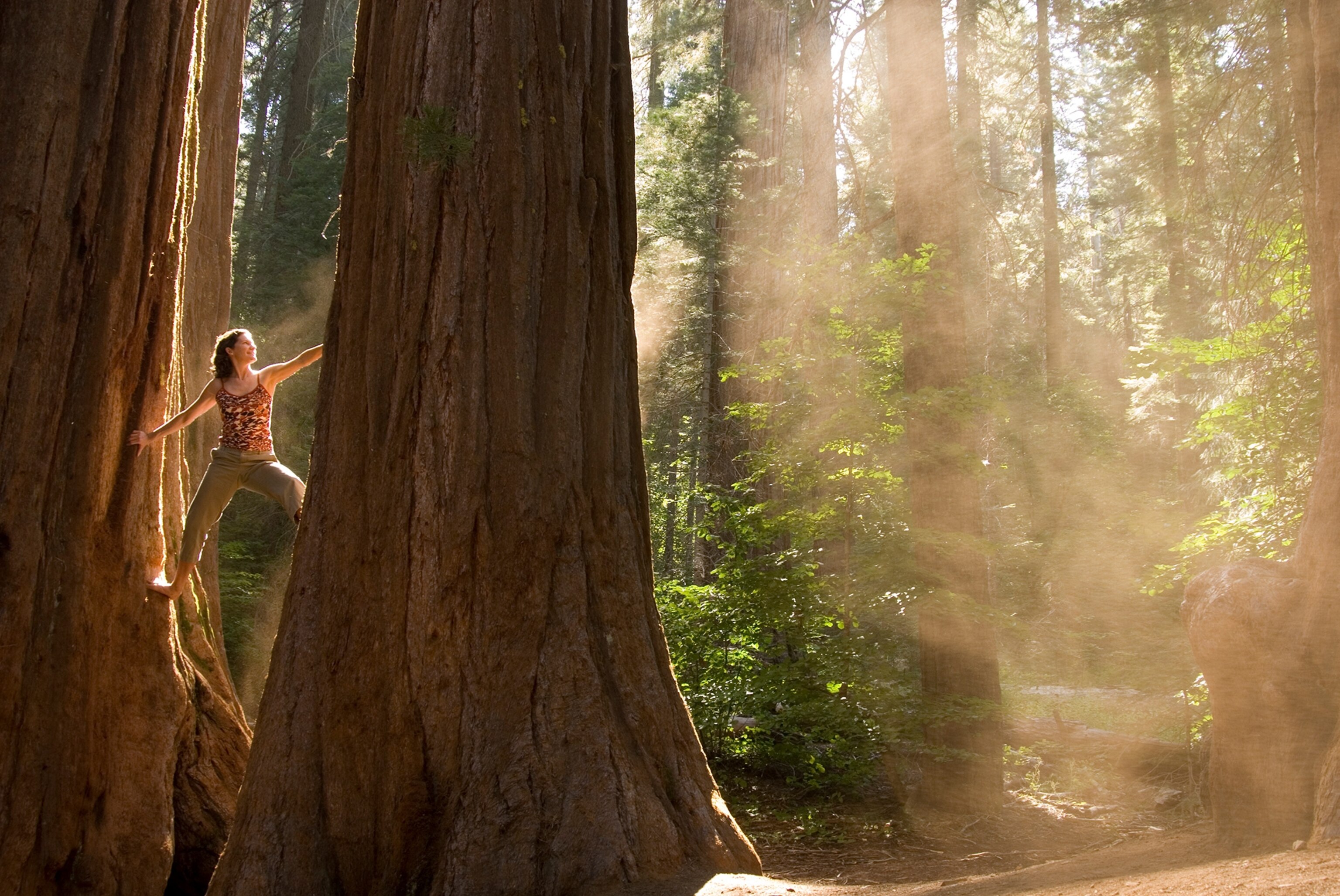
6 Ways to Spark Your Creativity
With CHASING GENIUS, National Geographic invites you to explore your instinct for changing the world.
Sometimes certain places, at specific points in history, become incubators of brilliant ideas. London during the Elizabethan era, for example, or 1920s Paris—author Eric Weiner has called them “genius clusters.”
Of course, not everyone walking around the Left Bank nearly a century ago was brilliant. And anyone, at any time, can have a bold idea that changes lives. Take Kathy Ku, who as a 19-year-old student came up with a water filter made of clay and sawdust that is now providing clean drinking water to thousands.
Then there’s Topher White, a National Geographic Emerging Explorer who fought illegal rainforest logging with little more than a few old cell phones.
National Geographic is creating its own hub of ingenuity with CHASING GENIUS, an initiative aimed at inspiring solutions that will improve the world. To get inspired, check out these tips culled from some of National Geographic’s coolest stories about the life of the mind. You might realize that the idea the world has been waiting for has been inside you all along:
1. Allow time for doing nothing. Giving your mind space to work on problems (or recognize new ones) can be much more productive than stimulating your brain with lots of input all the time. “Even the act of getting in a line to wait for a movie or a supermarket checkout is absolutely incredible,” says Augustín Fuentes, an anthropologist who has written about how creativity and imagination have helped humans evolve. (See more about how creativity drives human evolution.)
2. Get outside. You don’t have to climb a mountain to get a boost. In fact, doing nothing while outside—or maybe just walking—is all the better. Being in nature can boost creative thinking skills: One study in 2012 found that hikers performed as much as 50 percent better at creative problem-solving after spending four days out in the woods, disconnected from technology. (See more about how we are wired to be outside.)
3. Look around at what you can tweak. From the iPhone to drones that are adapted to carry medicines, some of the most useful ideas aren’t altogether new. They’re riffs on stuff that already exists. The real genius of Apple’s Steve Jobs, writer Malcolm Gladwell contends, was that he was a “tweaker.” Author Eric Weiner also found this in writing about the geography of genius, noting, “We think of the ancient Athenians as inventing democracy, art, and philosophy. But they actually borrowed or ‘stole’ from other places.” (Read more about the link between geography and genius.)

4. Make time to play. “We tend to think about delight, play, and recreational leisure as the spoils of progress. In fact, it goes in the other direction,” says writer Steven Johnson. “Many transformative ideas begin with this sense of delight, wonder, or fun.” From robots to artificial intelligence, many key inventions began essentially as toys. (Read more about how fun and games led to some of the world’s greatest innovations.)
5. Try, try again. A creative spark isn’t worth much without perseverance, according to those who study these things. “The number one predictor of impact is productivity,” says Dean Keith Simonton, professor emeritus of psychology at the University of California, Davis and a longtime scholar of genius. Those who put in the work to perfect an idea—and keep trying new ones when the first attempt fails—are likelier to make a mark. (Read more about what makes a genius.)
6. Don’t be afraid to think small. Something seemingly trivial can reveal worldly mysteries—and also solutions. Take bubbles, for instance. “No one pays attention to [bubbles], but they’re important,” says physicist Helen Czerski, because a bubble, which is made up of a liquid and a gas, can do things that the liquid and gas, each individually, can’t do.” (Read more about simple laws that explain how the world works.) Bubbles can mask sound, transport carbon dioxide in the ocean, and make bread delicious. What else in your world merits more scrutiny?
On Twitter: #ChasingGenius | Follow Christina Nunez.